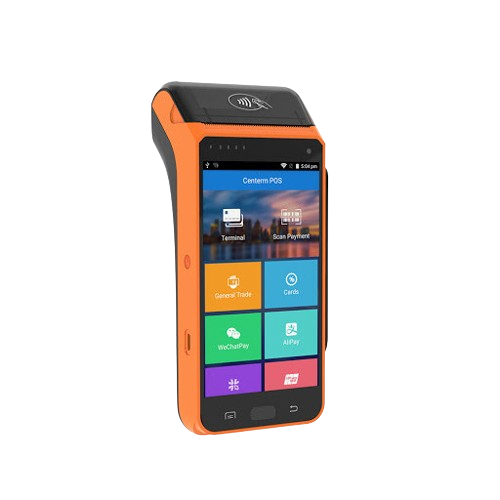A Point of Sale (POS) machine, also known as a POS terminal, represents a sophisticated integration of both hardware and software systems designed to facilitate seamless and secure transactions between customers and businesses at the point of purchase. This indispensable tool has become a ubiquitous presence in diverse sectors, including retail stores, restaurants, hospitality establishments, and various other businesses, playing a pivotal role in modern commerce.
At its core, a POS machine is equipped with specialized hardware components such as a card reader, barcode scanner, cash register, and often a display unit. These elements work in tandem with sophisticated POS software to handle transactions efficiently and accurately. The software aspect of the POS system is instrumental in managing inventory, processing payments, generating receipts, and even tracking customer preferences and purchase history.



